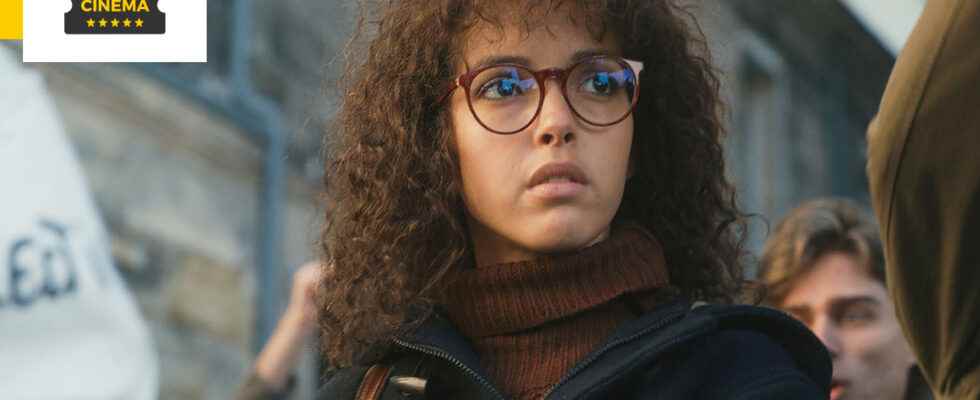On the occasion of the release of “Our brothers”, here are five things to know about this shock drama which looks back on the tragic Malik Oussekine and Abdel Benyahia cases.
Our brothers by Rachid Bouchareb
With Reda Kateb, Lyna Khoudri, Raphaël Personnaz…
What is it about ? On the night of December 5 to 6, 1986, Malik Oussekine died following a police intervention, while Paris was rocked by student demonstrations against a new education reform. The Ministry of the Interior is all the more inclined to hush up this affair, as another Frenchman of Algerian origin was killed the same night by a police officer.
The choice of Rachid Bouchareb
Guy Ferrandis
Rachid Bouchareb did not want to show the beating of Malik nor the police blunder in Pantin for Abdel. The director explains: “From the start, I didn’t want to. If we can keep in the viewer’s imagination how the second boy Abdel was killed, it will be more interesting.”
“No need to do the scene. It’s up to the viewer to do the work themselves. A lot of people didn’t know about Abdel’s case at the time and still today. I wanted to rebalance all that, by integrating into the film, while showing the imbalance and the erasure of which it has been the object.”
Inspector Mattei
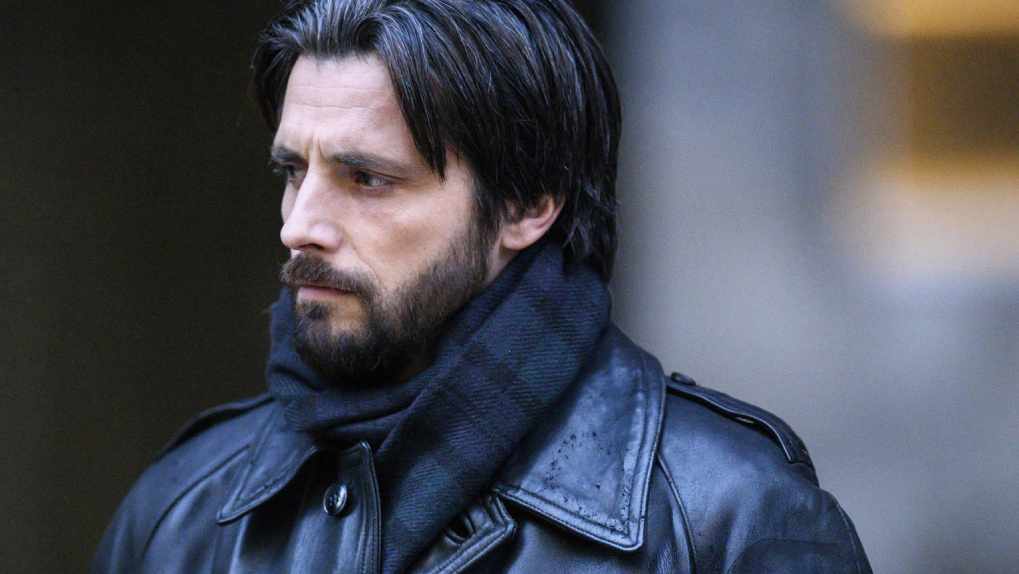
Guy Ferrandis
The character of Inspector Mattei of the General Inspectorate of Police Services (who makes the link between the Malik Oussekine affair and the death of young Abdel Benyahia killed in Pantin by a drunken policeman), was created by Rachid Bouchareb. The latter explains:
“Finally, even if I created it, it doesn’t mean that it doesn’t exist because if we decided to hide Abdel’s death, it’s because a decision was made. and that these two cases, which occurred on the same night, had to be handled by the police force.”
“As the case of Malik and Abdel concerns police officers, I can create for the film a character who goes from one case to another. To tell this story, I took this liberty to invent this character while remaining within a plausible reality.”
Birth of the project
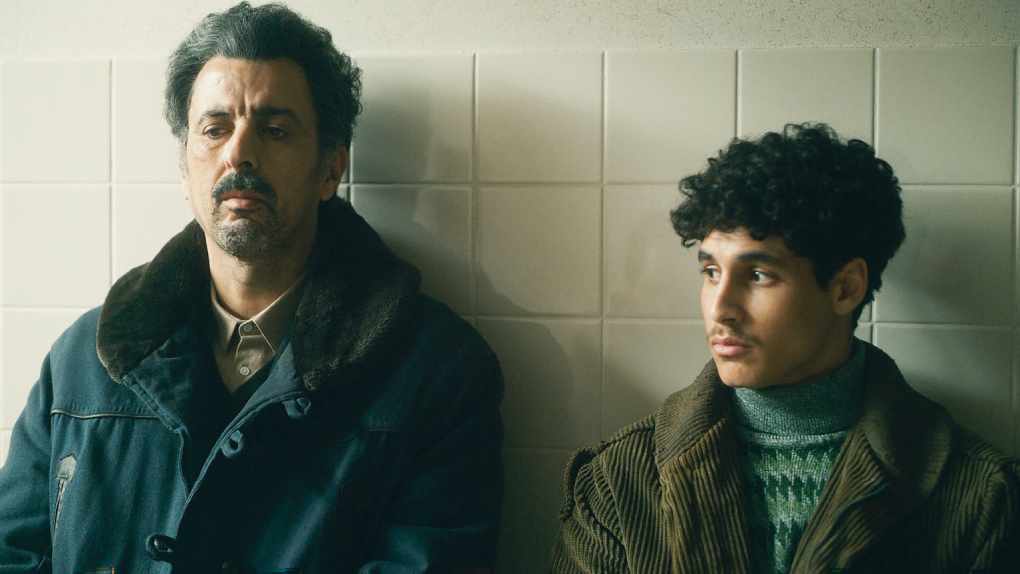
Guy Ferrandis
Rachid Bouchareb belongs to the generation that grew up with the Malik Oussekine affair, which occurred in December 1986. The director explains: “We all went through it at that time, just after the broad movements including that of SOS racism founded in 1984.”
“I had just made my first film, Bâton rouge, in 1985, and this tragedy happened some time later. It set all of France ablaze, hundreds and hundreds of thousands of people. I left with this movement of SOS racism, and the hope that we were going to change society because we believed in it a lot.”
“We also made things happen. The whole generation of students of that time was very affected by what happened that night. At the time, we wondered what would become of all these children born of immigration, the place they would have in society.”
“The integration debate has been posed for the 1st generation, the 2nd generation, the 3rd generation… We can clearly see that between 1985 and today, nothing really changes.”
The choice of title
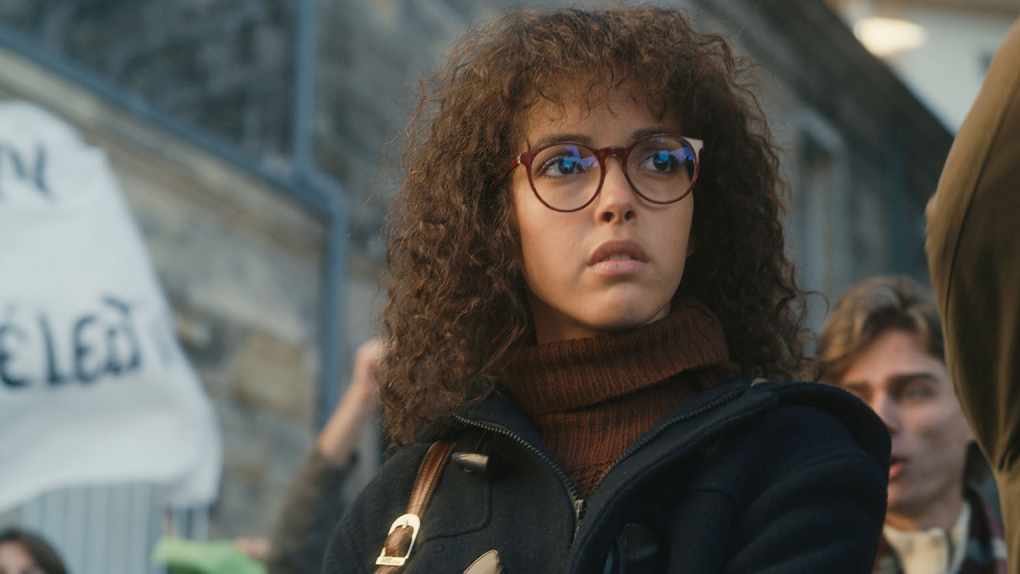
Guy Ferrandis
The choice of title, Our brothers, is inspired by Renaud’s song “Petite”, which we hear at the end of the film, where the famous singer talks about Malik and Abdel “our falling brothers” : “When we did some research, we found this song. In the 80s, with the arrival of Mitterrand in power, we lived with the hope that society was going to change.”
“We were all brothers, we started on this enthusiasm to build a fraternity, that it was going to solidify, that it had a future above all. The title, in addition to the reference to Malik and Abdel, encompasses this moment”says Rachid Bouchareb.
Archive footage
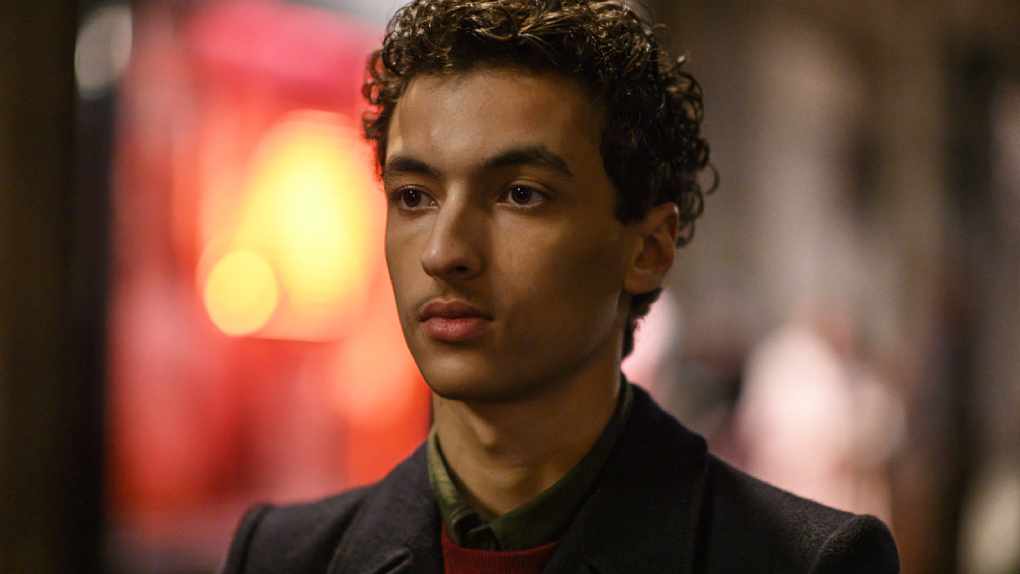
Guy Ferrandis
Rachid Bouchareb used many archive images linked to student demonstrations against the Devaquet law, in favor of selection for university admission, and to the Malik Oussekine affair. The filmmaker develops: “I wanted to tell the second political story with the popular movement, very strong, the anger of young people when they learn of this event, the funeral.”
“It is important to remember that France at the time, in many cities, went out and did not accept what had happened. I wanted the film to be nourished by these archives which bring us closer to today. The film is contemporary, still relevant. I didn’t feel the need to mark the 80s in the film because what is happening today is as strong as it was then.”
